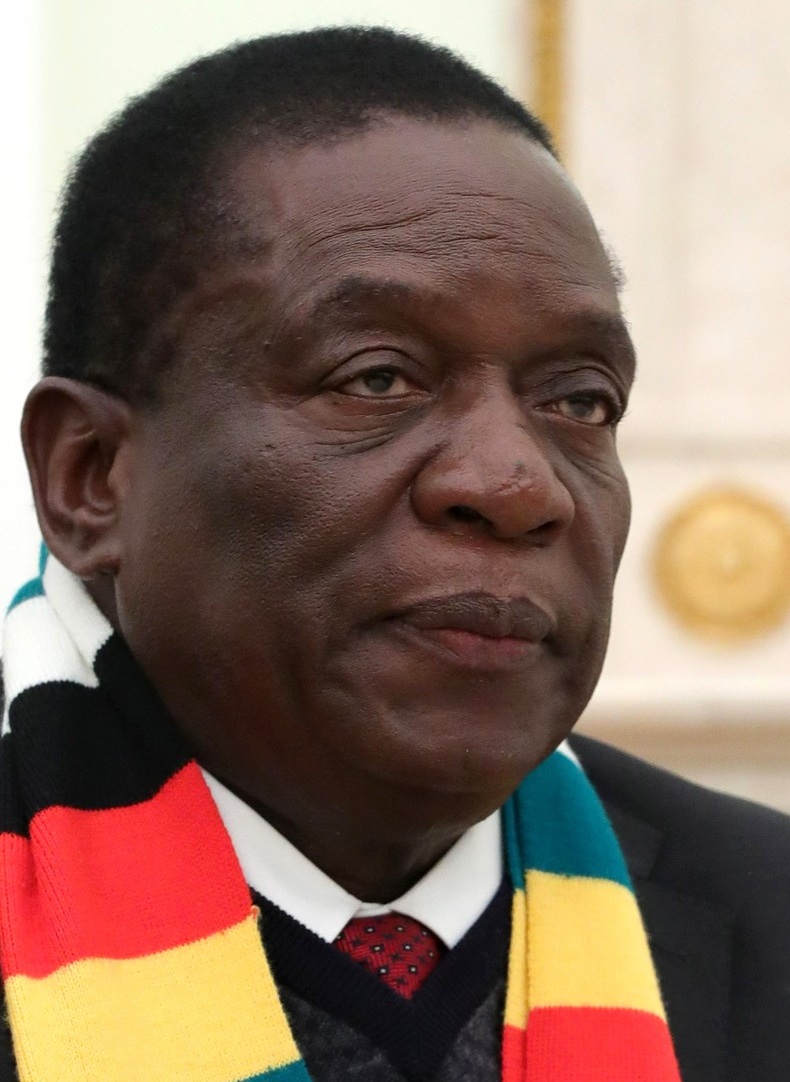By Albert Nxumalo
Government has approved contentious amendments to the Criminal Law (Codification and Reform) Act [Chapter 9:23] that will criminalise “unauthorised communication by private citizens with foreign governments.”
In the same vein, Government says planned and timed protests deliberately designed to coincide with major international, continental or regional events or visits will no longer be tolerated.
This comes as government is clamping down increasing dissent from citizens.
Outlining the Cabinet resolutions on Tuesday, Information minister Monica Mutsvangwa said the national interests have been damaged by people who spread falsehoods about the country to other countries.
“Private players thus have no business in foreign relations and negotiations between countries. Cabinet considered and approved the amendments to the Criminal Law (Codification and Reform) Act [Chapter 9 :23] as presented by the Minister of Justice, Legal and Parliamentary Affairs. Cabinet noted that the current law does not criminalise the unauthorised communication or negotiation by private citizens with foreign governments. Such communication or negotiation has a direct or indirect implication on Zimbabwe’s foreign relations and policy,” reads part of the resolutions.
President Emmerson Mnangagwa`s administration has repeatedly said allegations that there was a crisis in Zimbabwe were being propagated on social media and warned that they border on “subversion.”
According to the Constitution, Mutsvangwa said the foreign policy of Zimbabwe must be based on the promotion and protection of the national interests of Zimbabwe; respect for international law; peaceful co-existence with other nations; and the settlement of international disputes by peaceful means.
Cabinet said the Vienna Convention on Diplomatic Relations (1961) only recognizes States as legitimate players in foreign relations and negotiations.
“The amendments will criminalise the conduct of isolated citizens or groups who, for self-gain co-operate or connive with hostile foreign governments to inflict suffering on Zimbabwean citizens and to cause damage to national interests.
“The individuals or groups involve themselves in issues of foreign relations without verifying facts or engaging domestic authorities. Such wilful misinformation of foreign governments will therefore make the individuals or groups liable for prosecution,” she said.
Other actions that will become punishable include planned and timed protests deliberately designed to coincide with major international, continental or regional events or visits.
“There are also various unsubstantiated claims of torture and abductions that are concocted to tarnish the image of government, and amendments will criminalise such conduct,” Cabinet said.
A few months ago, Harare West MP Joana Mamombe and fellow youth activists Cecilia Chimbiri and Netsai Marova were denied bail by Harare magistrate Bianca Makwande after they were charged with communicating or publishing false statements prejudicial to the State and potential to damage the economy.

